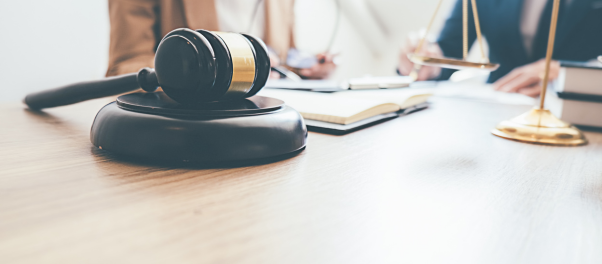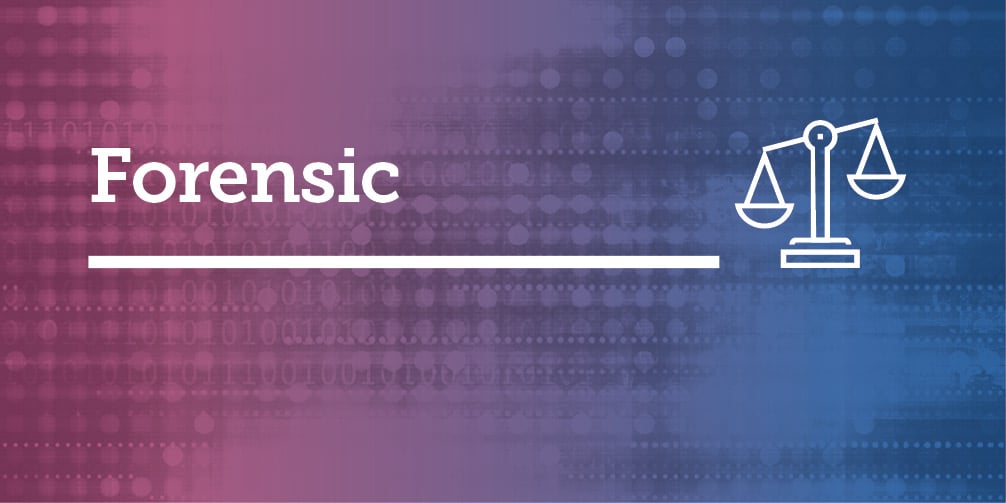Upholding Prisoners’ Rights
Prisoners' rights are enshrined in law to protect individuals from the inhumane conditions and treatment that are all too common in correctional facilities. These rights include the guarantee of being treated humanely and protected against discrimination, abuse, and neglect. Despite these legal protections, enforcing and maintaining these rights often falls short, necessitating continual advocacy and reform.
Legal Protections and Evolving Law
The legal framework designed to protect incarcerated individuals includes the Eighth Amendment of the U.S. Constitution, which guards against cruel and unusual punishment. Additionally, various federal and state laws provide mechanisms to address discriminatory treatment and abuse grievances.
However, the law is not static; it evolves with new court rulings and legislative changes. Advocates and legal experts must stay vigilant, pushing for advancements that close gaps in enforcing these rights and extend protections further.What To Do if Rights are Violated
If someone’s rights are violated in prison, it is crucial to take action:
- Document the Incident: Keeping a detailed record of what happened, including times, dates, and names, is essential.
- File a Grievance: Most prisons have a grievance system. While filing a grievance may not always result in immediate relief, it is a necessary step.
- Seek Legal Advice: Consulting with attorneys specializing in prisoners' rights can help determine whether to file lawsuits or seek other legal recourse.
- Contact Advocacy Groups: Organizations like EJI can offer support and resources and may be able to advocate on behalf of the incarcerated individual.
The Role of Advocacy in Reform
The fight for reform is not only about addressing individual cases of abuse or neglect but about transforming the system as a whole. Advocacy groups are critical in raising public awareness, lobbying for legislative change, and holding institutions accountable. They work to ensure that the rights of incarcerated individuals are not forgotten and that conditions within jails and prisons meet humane standards.
Efforts to reform the prison system are gaining momentum, driven by a broader recognition of its failures and the advocacy of dedicated organizations and individuals. By supporting these efforts and promoting the enforcement of prisoners' rights, society can move closer to a system that upholds justice and rehabilitation.
Organizations like the Equal Justice Initiative offer resources for those interested in learning more about prisoners’ rights and how to get involved in advocacy. By understanding the rights of incarcerated individuals and the legal avenues available, we can all contribute to the push for a fairer and more humane correctional system.Additional Resources
Blog Post
- Trauma-Focused Therapy Techniques
- Unlocking Wellness Behind the Bars: Illuminating the Struggles and Triumphs of Mental Health in Prisons
- Destigmatizing Mental Health in Prisons
- Prison and Mental Health Reform
Research
- Burnout and Empathy in high-stress mental health settings
- Unlocking Meaning: Metacognition as Key to Incarcerated Persons' Mental Health Recovery
Training
- LIVE: Assessment and Treatment of Clinical Care Needs
- LIVE: Trauma-Informed Care Practices in Corrections
- Careers in Correctional Mental Health
- Correctional Mental Health
- LIVE: Gender and Corrections
Podcast
























